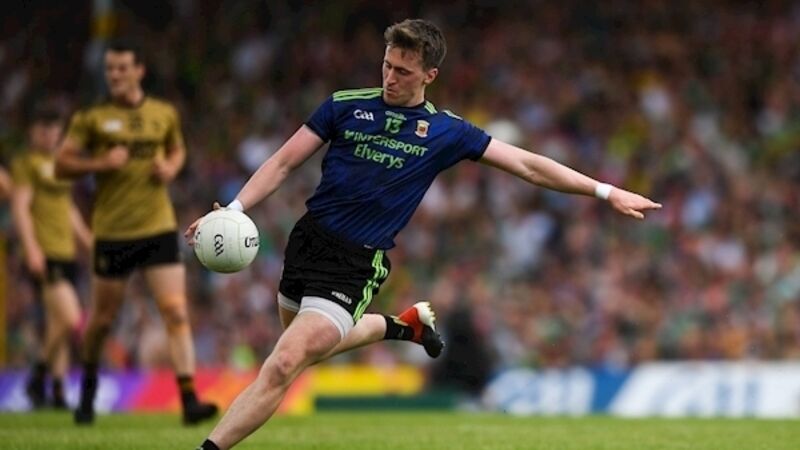Ignore the begrudgers, O'Connor tops the Finishers Index

A week on from the spectre and inspiration of Colm Cooper hovering over Cillian O’Connor in Gooch’s own backyard of Killarney, Mayo and Kerry return to another beloved playground of the Dr Crokes genius — Croke Park.
While O’Connor’s elevation to leading scorer in championship history triggered some unflattering and unfair comparisons with Cooper from some quarters, any assessment of the scoring charts and records that they’ve set and smashed illustrates just how much they have in common.











